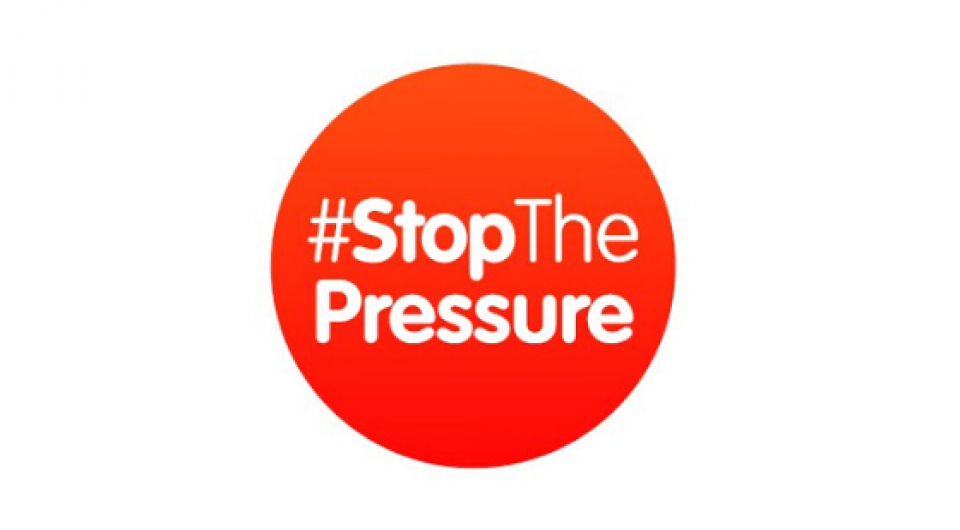Treating pressure ulcers still costs the NHS more than £1.4 million every day (Guest et al 2017). Pressure sores continue to prolong hospital stays and the amount of health care required in the community. Most importantly we can’t ignore the impact pressure ulcers have on the person resulting in extensive suffering and premature deaths. An excellent website to support the prevention of pressure ulcers is http://nhs.stopthe pressure.co.uk
NICE guidance in 2015 states that one of the many factors contributing to the development of pressure ulcers is when appropriate equipment and beds, for example, do not have appropriate pressure relief.
As an occupational therapist (OT) we frequently select different types of pressure relief as part of the equipment we recommend. We complete relevant risk assessments, we understand the person’s current and ongoing needs. We have a professional responsibility to ensure that we recommend the correct equipment.
Having completed a recent literature review through the Royal College of Occupational Therapy there is very limited evidence to support occupational therapy and the recommendation of pressure relieving equipment. We are expected to make best practice, cost-effective decisions with a limited evidence base to support them (Rose A, Mackenzie L 2011)
The need to work closely with district nurses, tissue viability nurses, other professionals and equipment companies is essential in preventing and treating pressure ulcers. The main two risk assessment scales currently used are the Waterlow score http://judy-waterlow.co.uk/waterlow_score.htm and Braden scale https://www.in.gov/isdh/files/Braden_Scale.pdf
Evidence suggests that our elderly, frail and cognitively impaired service users are most at risk. The East Midlands Patient Safety Collaborative (EMPSC) has piloted an audit tool to measure the prevalence of common care problems found in nursing and residential homes. Pressure ulcers have one of the domains they cover, more information can be found on http://nhs.stopthepressure.co.uk
As part of my role as an OT working with Wealden Rehab, I have been sharing the clinical questions and evidence which influence my pressure care decisions and actions. We plan to share the clinical questions and considerations in our product training workshops we offer.

Latest Blog Posts
Advancing safe, dignified bathing
A clinical perspective on the IndiGo² powered shower chair range

Seasonal opening times 2025/26
2025 Holiday Season Update - Our team are here for you but we will be taking a break between the 24th December and 2nd January 2025.

New Shower Chair Innovation
Experience Wealden Rehab’s new shower chair innovation at the OT Show 2025

Responsive Care Equipment Supplier Across the UK
Supporting hospitals and care providers in unsettling times ...

NAEP Conference 2025
Meeting Occupational Therapists, Commissioners and Exploring Bariatric and Paediatric Solutions

Our Seasonal opening times 2024/25
Our team are here for you but we will be taking a break between the 24th December and 2nd January 2025.



